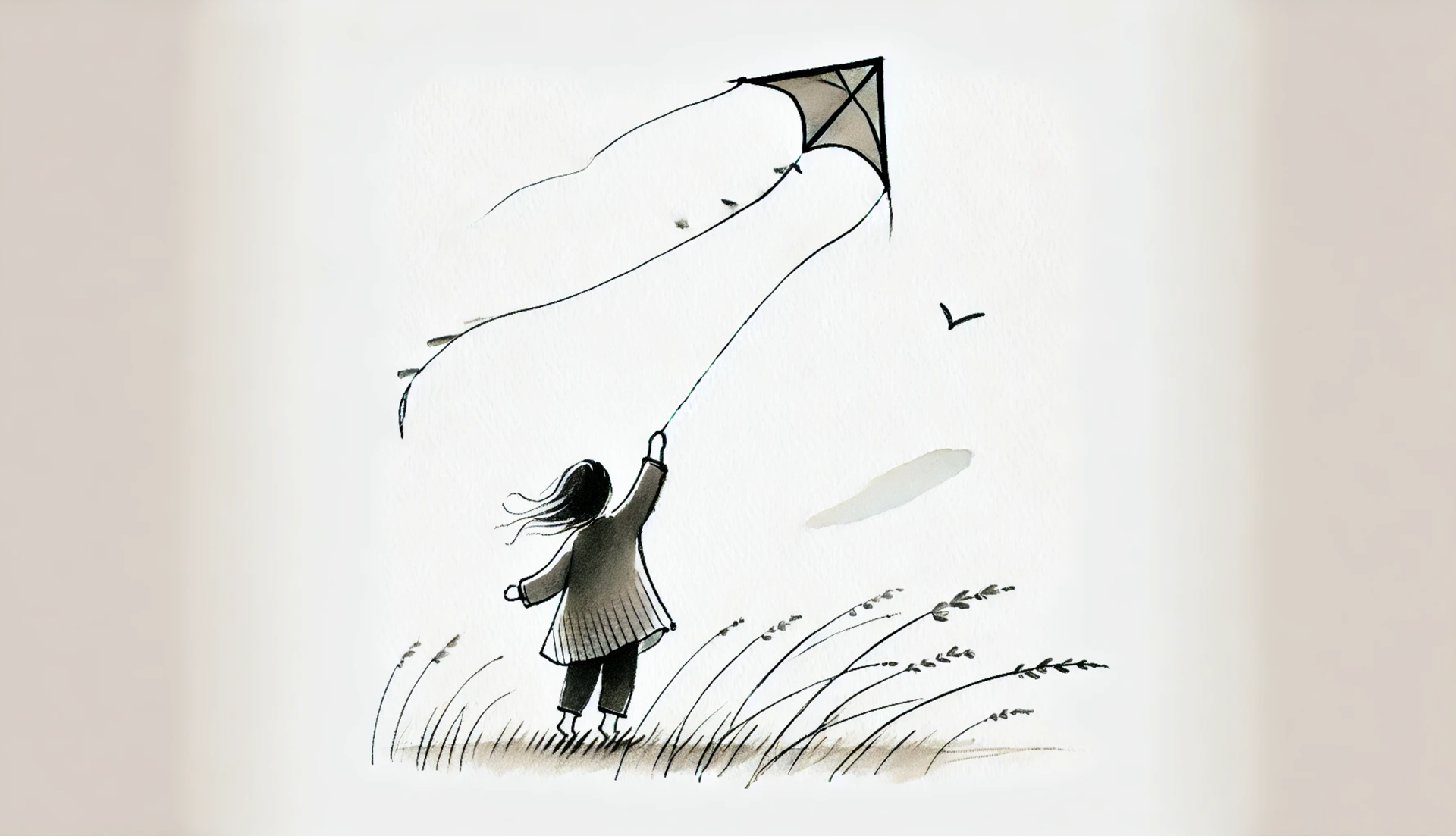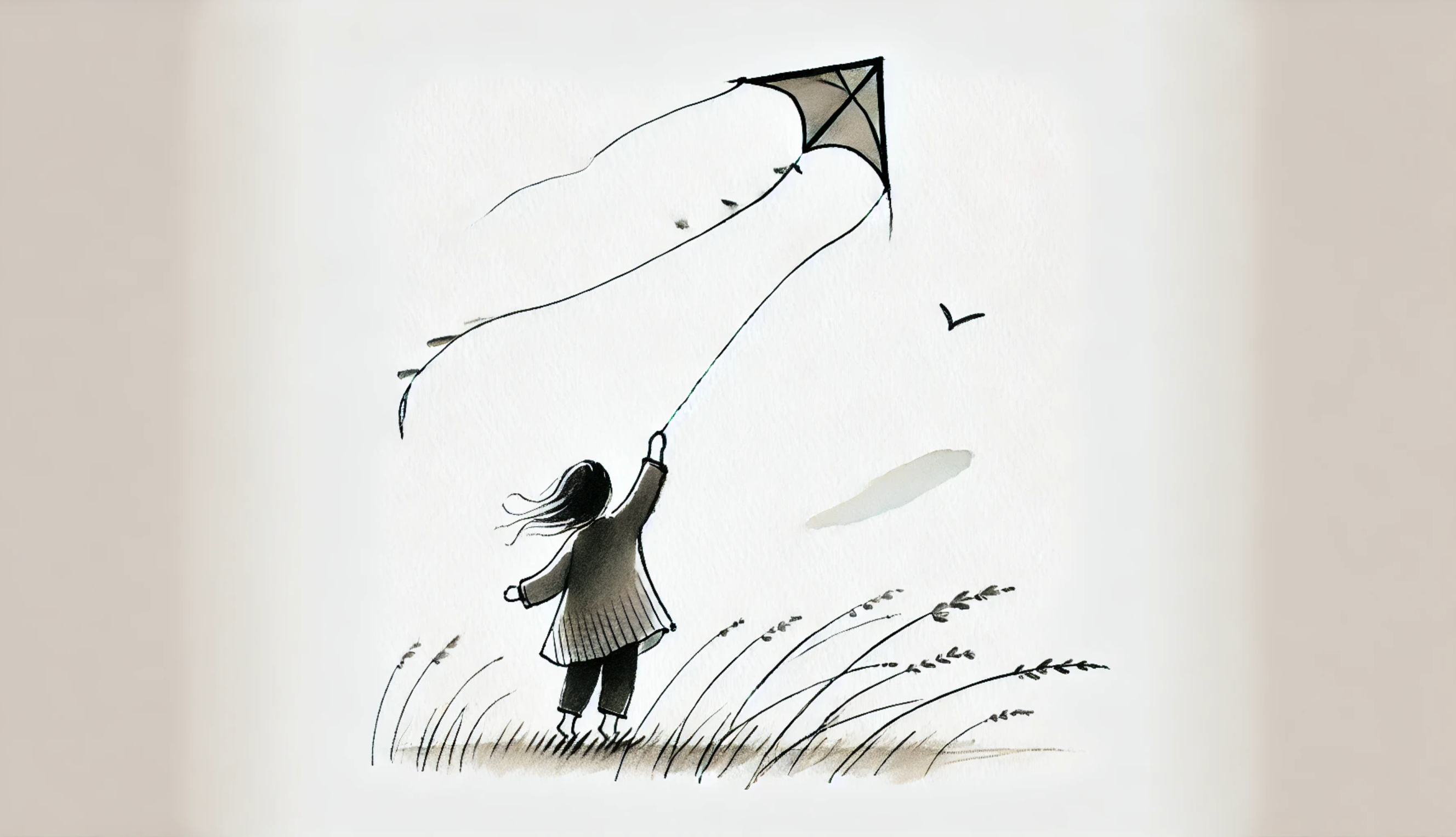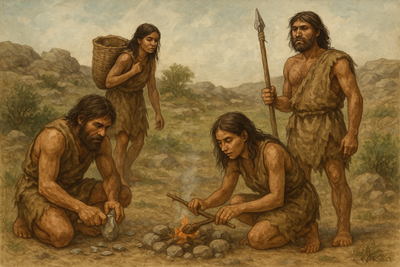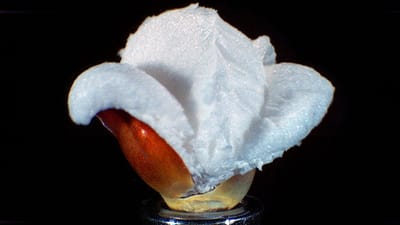The Curiosity Conundrum: Why we lose it when we grow up

Curiosity is our first and most natural instinct. As children, we eagerly explore the world, ask relentless questions, and absorb knowledge like sponges. But somewhere along the way, that innate drive to discover starts to fade. Instead of seeking the unknown, we cling to the familiar. Instead of questioning, we accept. Why does this happen?
As we grow older, our experiences shape us, and two powerful psychological forces, nostalgia and the status quo bias, begin to take hold. These forces can be comforting, offering a sense of security and belonging. But they can also be limiting, making us hesitant to embrace change, take risks, and maintain the curiosity that once defined us.

Nostalgia
So, at a young age we are curious about everything. But the older we get, the more we start talking about a thing called nostalgia. It is often built around the elements that were part of our youth. The aspects that gave structure to our lives and kept coming back. Rules in the house, ways of living, music, rituals, festivities.
Nostalgia serves as a psychological coping mechanism, allowing individuals to temporarily escape the uncertainties of the present by immersing and clinging to the known and cherished aspects of the past. It often revolves around positive memories and experiences, drawn from familiar settings, relationships and cultural elements. Of course nostalgia, like almost everything in life, is neither good nor bad. It is a coping mechanism, created to help us move forward and make decisions and not crash down. But it definitely is a curiosity killer.
Status quo bias
A different take on nostalgia and fear of the unknown is the status quo bias. This bias, deeply ingrained in human psychology, inclines individuals to favor the current state of affairs, even in the face of potential improvement. Rooted in a primal desire for stability and predictability, this bias reinforces the fear of the unknown and amplifies risk aversion tendencies. Take the example of a small-town community hall. For decades, it's been the hub of social gatherings, where neighbors come together to celebrate, mourn, and connect. Despite its aging facilities and cramped quarters, there's a reluctance to embrace change. When discussions arise about renovating or relocating the hall to a more modern space, voices of opposition emerge. Why disrupt the status quo when the old hall holds cherished memories and traditions?
Awareness is the first step towards dismantling the shackles of the fear of the unknown. By recognizing and understanding cognitive biases such as the endowment effect and status quo bias, individuals gain insights into the psychological patterns that underpin this fear.
Reigniting curiosity
Curiosity is not something we inevitably lose… it’s something we can choose to nurture. While nostalgia provides comfort and the status quo bias offers stability, neither should become a barrier to exploration and growth.
The key is balance: honoring the past without being bound by it, and questioning the present without fearing the unknown. By consciously challenging our cognitive biases, embracing uncertainty, and staying open to new experiences, we can reclaim the curiosity that once came so naturally.
After all, the most fulfilling discoveries, about the world and ourselves, are found beyond the edges of what we already know.





